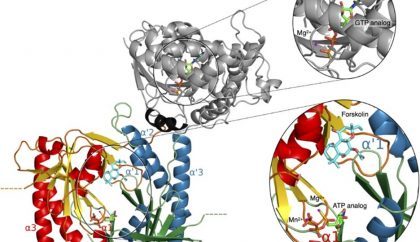
Multiscale simulations unveil molecular mechanisms that shape brain plasticity
New publication on multiscale molecular simulations to investigate adenylyl cyclase-based signaling in the brain, together with colleagues collaborating in the Human …

Integrative data-intensive approaches to drug design
The 23rd EuroQSAR Symposium will take place in Heidelberg, chaired by HITS group leader Rebecca Wade. Deadline for abstract submission: 4 August 2022 …
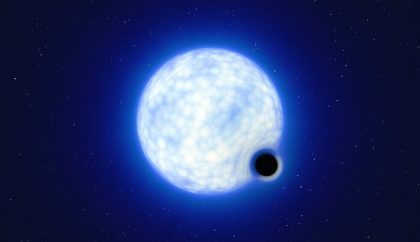
The invisible needle in a stellar haystack
An international research team with participation of HITS discovered a “dormant” black hole in a binary-star system outside our galaxy. These …
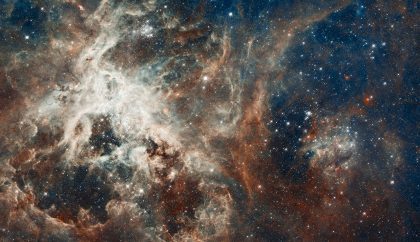
Massive stars, black holes and binaries
SET group at HITS organized the first presence meeting of VFTS & Friends It all started with an “ESO Large Programme”: …

Digital Worlds 20.22: In the beginning was the Code
Come and join us for our Open Day at HITS on Saturday, 9 July, from 11am-5pm After four years the Heidelberg …

HITS: Call for “Journalist in Residence” in 2023
Are you an experienced science journalist? Would you like to delve into new areas of research and deepen your technical knowledge? …
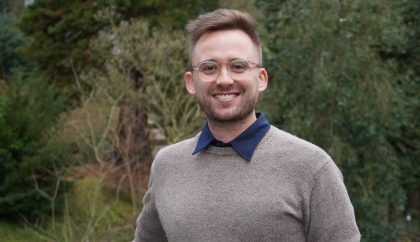
Carl Smith – Journalist in Residence 2022
Australian science journalist Carl Smith was the HITS “Journalist in Residence” in 2022. He is a staff science journalist and presenter working …

Issue 2 | 2022
A “magic triangle” has formed: “SIMPLAIX” is a three-way-cooperation between HITS, Heidelberg University and the Karlsruhe Institute of Technology (KIT), enabled …
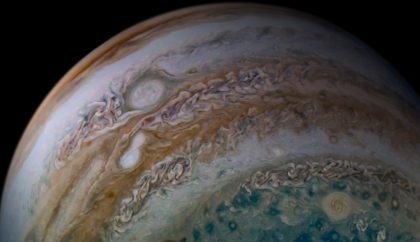
Jupiter – a heavy metal planet?
An international team of astronomers, among Michaël Bazot from the “Theory and Observations of Stars” (TOS) group at HITS, has …
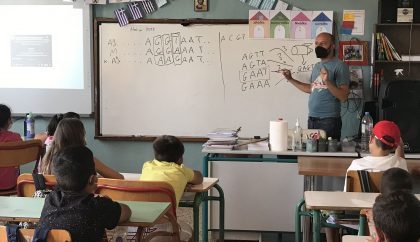
A living lab of evolutionary biology
“The Aegean archipelago” is designed to help schoolkids play games to better understand that life forms on Earth have changed over …